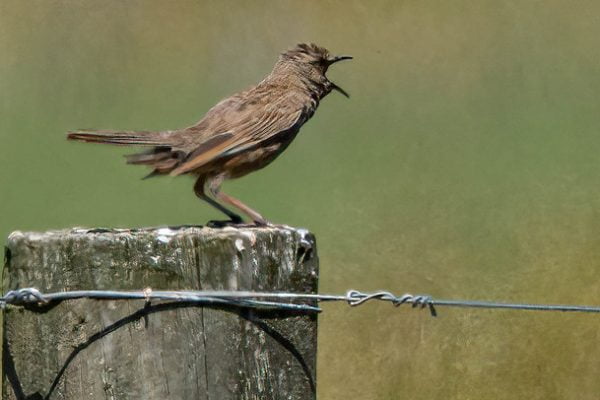Wolves, with their haunting howls and captivating social dynamics, have instilled a sense of awe and intrigue in humans for centuries. These apex predators, renowned for their intelligence, cooperative hunting strategies, and complex social hierarchy, play a vital role in maintaining healthy ecosystems. But beyond their captivating presence lies a fascinating layer of language – the diverse collective nouns used to describe them, offering a glimpse into their multifaceted lives and behaviors.
Collective Nouns for Wolves
Unlike some animals with singular collective nouns, wolves boast a diverse vocabulary, each term reflecting the specific context and behavior of the group:
- Pack: This widely used and most common term signifies a tightly knit family unit of wolves, typically consisting of an alpha pair (breeding male and female), their offspring of various ages, and sometimes even unrelated individuals. It evokes a sense of cooperation, shared territory, and the complex social hierarchy within these dynamic groups.
Example: As the moon cast an ethereal glow upon the snow-covered landscape, a pack of wolves emerged from the dense forest. The alpha female led the way, her gait purposeful and confident, followed by the younger members of the pack, their movements synchronized and focused. This scene perfectly captured the intricate dynamics within this family unit, where each member plays a crucial role in their collective survival and success.
- Rout: This term, less common but still occasionally used, describes a dispersed group of wolves fleeing from danger, often after encountering threats like humans, rival packs, or natural disasters. It evokes a sense of urgency, collective movement, and the temporary nature of this aggregation formed for survival purposes.
Example: The sudden crack of thunder sent a jolt through the forest, startling a rout of wolves who had been peacefully foraging. Scattered and seeking refuge, they darted between the trees, their howls echoing through the night, showcasing the instinctive response of these animals when faced with imminent danger.
- Gang: This term, even less common than rout, describes a temporary group of wolves, typically consisting of young individuals exploring their independence or dispersing from their natal pack to establish new territories. It evokes a sense of exploration, temporary alliance, and the specific needs addressed by these temporary aggregations.
Example: Venturing beyond the familiar boundaries of their territory, a gang of young wolves embarked on a journey of exploration. Their playful interactions and inquisitive nature highlighted the crucial role of such temporary groups as young wolves learn survival skills and navigate the challenges of finding their place in the world.
- Herd: This term, rarely used in the context of wolves but occasionally encountered in older literature, signifies a large and loosely organized group of wolves, often associated with migration or foraging patterns. It evokes a sense of shared movement, seasonal patterns, and a less structured social dynamic compared to the tightly knit pack structure.
Example: In historical accounts of the vast North American plains, occasional references are made to herds of wolves traversing the landscape in search of prey. While this term is not as widely used in contemporary language, it offers a glimpse into how wolves may have been perceived in the past and the diverse historical perspectives surrounding their social behavior.
Interesting Facts About Wolf Packs
Understanding these collective nouns deepens our appreciation for the intricate social structures and remarkable behaviors of wolves. But venturing deeper reveals their fascinating biology, ecological significance, and the challenges they face:
Masters of Teamwork: Wolves are renowned for their exceptional cooperative hunting strategies. Their keen senses, coordinated movements, and complex communication allow them to effectively take down prey much larger than themselves. This remarkable ability to work together highlights the strength and efficiency of their social structure.
Guardians of the Ecosystem: Wolves play a vital role in maintaining the ecological balance of their habitats. By preying on weak or sick animals, they help to control prey populations and prevent the spread of diseases. Additionally, their presence can influence the behavior of other predators, leading to cascading effects within the ecosystem.
Facing Threats: Habitat loss, human-wildlife conflict, and illegal hunting pose significant threats to wolf populations. Understanding these challenges and supporting conservation efforts, protected areas, and responsible wildlife management are crucial for ensuring their continued existence and the ecological balance they help maintain.
A Cultural Symbol: Wolves have held cultural significance for various communities throughout history. They have been depicted in myths, legends, and folktales, often symbolizing strength, loyalty, and family bonds. Recognizing their cultural significance fosters a deeper appreciation for these remarkable creatures and their enduring presence in human imagination.
Final Thoughts
From the tightly knit “pack” strategizing a hunt to the scattered “rout” seeking refuge, the diverse collective nouns for wolves offer a glimpse into their multifaceted lives and ecological significance.
Also Read:







2 thoughts on “What is a Group of Wolves Called? Collective Nouns”